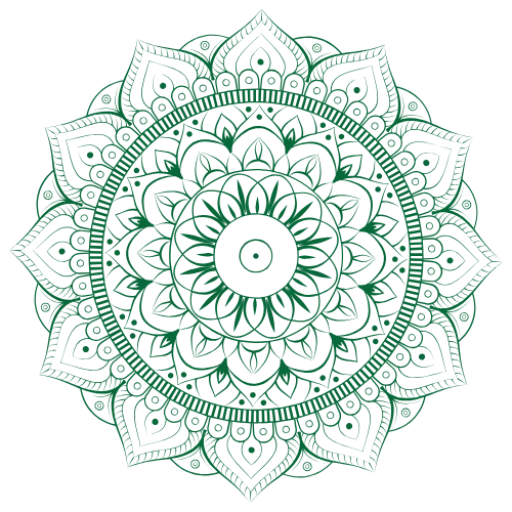
Written by Sophie Nusselder
Similar to a typical adult or teen yoga class, children’s yoga classes can be structured as follows:
1.Tune in (3-5 min) with a song, conversation, pranayama, mantra. Choose a way to gather energies and tune in to a similar vibration.
2.Set the intention or inspiration of the class (5-10 min) This you do with a personal story, poetry, a book. Make sure you inspire the group with enthousiasm and…delight 🙂
3.Warm ups (5 min) Move with the breath to wake up the body on a playfull way. Ex: dance, massage, music etc. Create a fluid preparation for deeper body awareness
4.Asana (20 min) Channel energy with precision, emphasising aligning with ourselves and with nature to have a more direct experience of our bodies.
5.Relaxation and/or guided visualisation and/or meditation (10 min) Encourage release, surrender, one pointed thought, expansion, increased sensitivity and creativity.
6.Closing (3-10 min) with a song, mantra, making a drawing, group poem etc. and savasana
//
Following are some class theme ideas I use in my classes:
-Courage: heart, inner strength, trust in self, bravery
-Compassion: Love for aspects of ourselves and others
-Respect: ourselves and others, our physical body etc
-Opposites: dualities, opposing energies within the body ex: strengthening and flexing or surrender and extending out
-The four seasons aligning with nature: winter, spring, summer, autumn
-Cycles of life: life and death, day and night, beginning and end, new moon, full moon
-Friendship: joy, understanding, balance, give, take, love.
-The elements: earth, water, fire, air. How they relate to our body.
-Wildlife: the natural balance, diversity, beauty and qualities of each animal ex: the lions strength, the cheetahs speed, the dolphins playfulness, the butterfly’s transformation.
-Winged animals: heart openings, fight- flight in relation to relaxation (explaining of nervous system and effect of yoga), effort, surrender, upper body, air element.
-Four legged animals: stability, balance, strength, muscle, earth element.
-The finned animals: breathing, water element
-Two legged animals: brain power, balance, speech (communication)
Etc Etc Etc… :))
Enjoy!

// picture 1: pinterest.com
// picture 2: painting by Sophie Nusselder
Address: Parimukti Yoga Center, Kanira Homes,
Girkarwaddo, End of Magic Park Road,
Arambol, 403524,
Goa, India
Phone: +919637521278
Email: info@parimukti.com
Website: https://parimukti.com/
Yin Yoga Training Goa | 200 Hour Yoga Teacher Training Goa | Meditation Teacher Training Goa
